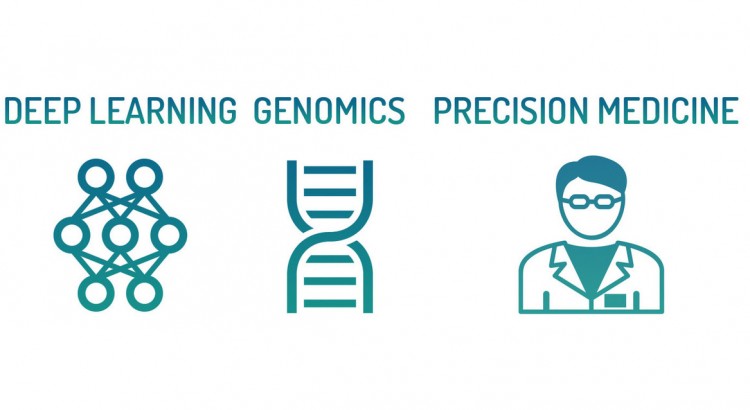In many recent object recognition systems, feature extraction stages are generally composed of a filter bank, a non-linear transformation, and some sort of feature pooling layer. Most systems use only one stage of feature extraction in which the filters are hard-wired, or two stages where the filters in one or both stages are learned in supervised or unsupervised mode. This paper addresses three questions: 1. How does the non-linearities that follow the filter banks influence the recognition accuracy? 2. does learning the filter banks in an unsupervised or supervised manner improve the performance over random filters or hardwired filters? 3. Is there any advantage to using an architecture with two stages of feature extraction, rather than one? We show that using non-linearities that include rectification and local contrast normalization is the single most important ingredient for good accuracy on object recognition benchmarks. We show that two stages of feature extraction yield better accuracy than one. Most surprisingly, we show that a two-stage system with random filters can yield almost 63% recognition rate on Caltech-101, provided that the proper non-linearities and pooling layers are used.
Finally, we show that with supervised refinement, the system achieves state-of-the-art performance on NORB dataset (5.6%) and unsupervised pre-training followed by supervised refinement produces good accuracy on Caltech-101 (>65%), and the lowest known error rate on the undistorted, unprocessed MNIST dataset (0.53%).
Etiket: Yann LECUN

Deep Genomics – Derin Genetik Çalışma Alanı
The Washington Post sitesi Deep Genomics alanında çalışma yürüten Brendan FREY’in ilginç yaşam hikayesini okuyucularıyla paylaştı. Frey, insanların metin analizi ve konuşma tanıma da çok iyi olmasına rağmen gen metnini anlayamadığını bu nedenle bu alanın kendisi için daha ilginç bir problem olduğunu ifade etmektedir. Frey, derin öğrenme sistemi ile genetik mutantasyonun insan algısandan daha başarılı bir şekilde değerlendirilebileceğini otizm gibi problemlerin daha iyi tanımlanacağını belirtmektedir.
Takımıyla Toronto Üniversitesi’nde çalışma yürüten Frey’in Bilimsel Danışma Kurulu’nda Facebook Yapay Zeka Araştırma Yöneticisi Yann LECUN da yer almaktadır.
Yapılan çalışmalar sonucunda bir çok genetik problemin ortaya çıkarılmasının yanında kişisel ilaçların da üretilebileceği ifade edilmektedir.
Genetik alanında çalışıyor ve derin öğrenmeye meraklı iseniz Deep Genomics’in ilgililere iş davetinin açık olduğunu belirtmek isterim.
Kaynak: